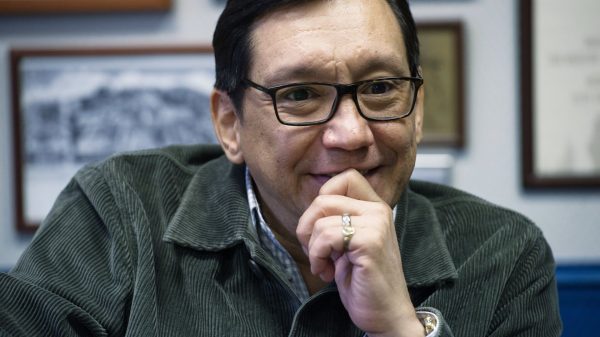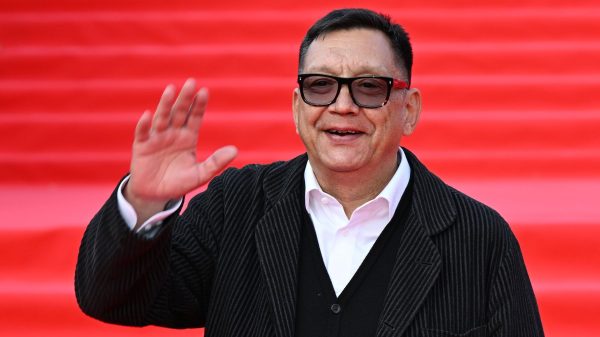It's not just about the ability to buy more things

Money, apparently, can really buy happiness, writes The Guardian. A new study by a senior fellow at the Wharton School of the University of Pennsylvania has found an increasingly positive relationship between money and happiness.
Matt Killingsworth, who tracks happiness for his massive research project, trackyourhappiness.org, sampled 33,269 working American adults ages 18 to 65 with household incomes of at least $10,000 a year who answered questions on a scale called “life satisfaction”.
Killingsworth also used data on the ultra-wealthy (people with average wealth between $3 million and $7.9 million), which is often unavailable and difficult to obtain.
“Rich people may be less inclined to spend their free time taking surveys,” says the study, Money and Happiness: Extended Evidence Against Oversatiation, which was self-published and not peer-reviewed.
The data showed that the happiness gap between rich and middle-income people was larger than between middle- and low-income people, The Guardian notes.
Pew Research's 2024 report entitled «The State of the American Middle Class» defines middle-income Americans as those who «live in households with an annual income that is two-thirds the national median household income,» which is about $74,580, according to the U.S. Census.
“The difference in life satisfaction between the rich and those with incomes of $70,000 to $80,000 [per year] was nearly three times greater than the difference between $70,000 and $80,000 [per year] and the average of the two lowest income groups,» Killingsworth's study found.
His research also found that wealthy people are «substantially and statistically significantly happier than people earning more than $500,000 a year.»
Killingsworth told The Guardian he was surprised by how large the overall difference was in the level of happiness between rich people and low income people.
“Money is just one of many things that is important to happiness, and small differences in income tend to be associated with fairly small differences in happiness,” Killingsworth said. – But if the income/wealth gap is very large, then the happiness gap may be just as large.
These findings contradict a widely publicized 2010 study that found happiness increases with income but stays the same about $75,000, notes The Guardian.
So why might rich people be happier? The answer may seem obvious, but according to Killingsworth, it is “more fundamental and psychologically deeper than simply buying more things.”
He said: “About 75% of the links between money and happiness can be explained by a greater sense of control over life. So I think a big part of what's happening is that when people have more money, they have more control over their lives. More freedom to live the life they want.
Killingsworth said his interest in studying happiness stems from a desire to understand how to make life better.
“Ironically, One of the reasons I'm so interested in happiness is that money itself, for which we are already sufficiently motivated, is only a small part of the overall happiness equation. So one of the reasons I study happiness is to expand our horizons beyond things like money.”
He added: “What would we do differently if would you take happiness seriously? How do individuals, families, organizations and societies? This is a long-term question to which we will not immediately receive comprehensive answers.


























































Свежие комментарии